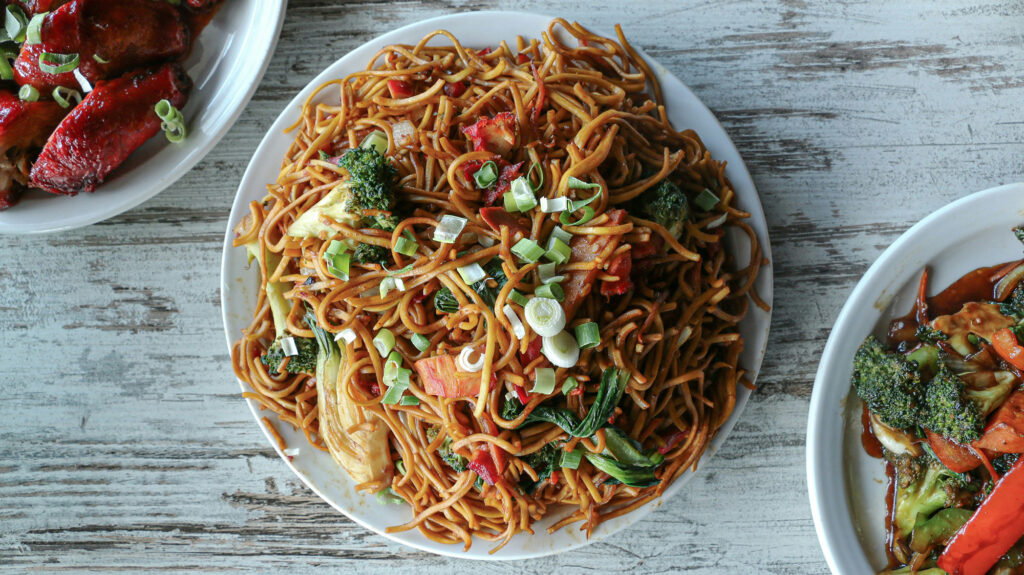Mangoes have a low glycemic index (GI), and a low glycemic load (GL) compared to many other fruits. It means they are less likely to cause a rapid spike in blood sugar levels. They contain a soluble fibre called pectin, which helps in lowering glucose levels. But, for a few, they could cause a spike in sugar levels.
Make Mangoes Better
• Try to choose ripe mangoes, which tend to have a lower GI than unripe ones.
• Consider combining mangoes with protein or healthy fats like nuts, nut butter or mixed seeds. It will slow down digestion and maintain blood sugar levels.
• Try to avoid consuming mangoes with high-carbohydrate foods or beverages, as it can increase the glycemic load and cause a more significant spike in blood sugar levels.
• You may consume mangoes in moderation and stick to recommended serving sizes.
A recent study shows that fresh mangoes can make you feel full for a longer amount of time. It also improves glucose and insulin responses post-meal. But, ensure not to eat mangoes with or after a meal, as it increases carbohydrates in the body. Better yet, walk for at least 10 minutes after eating mangoes.







